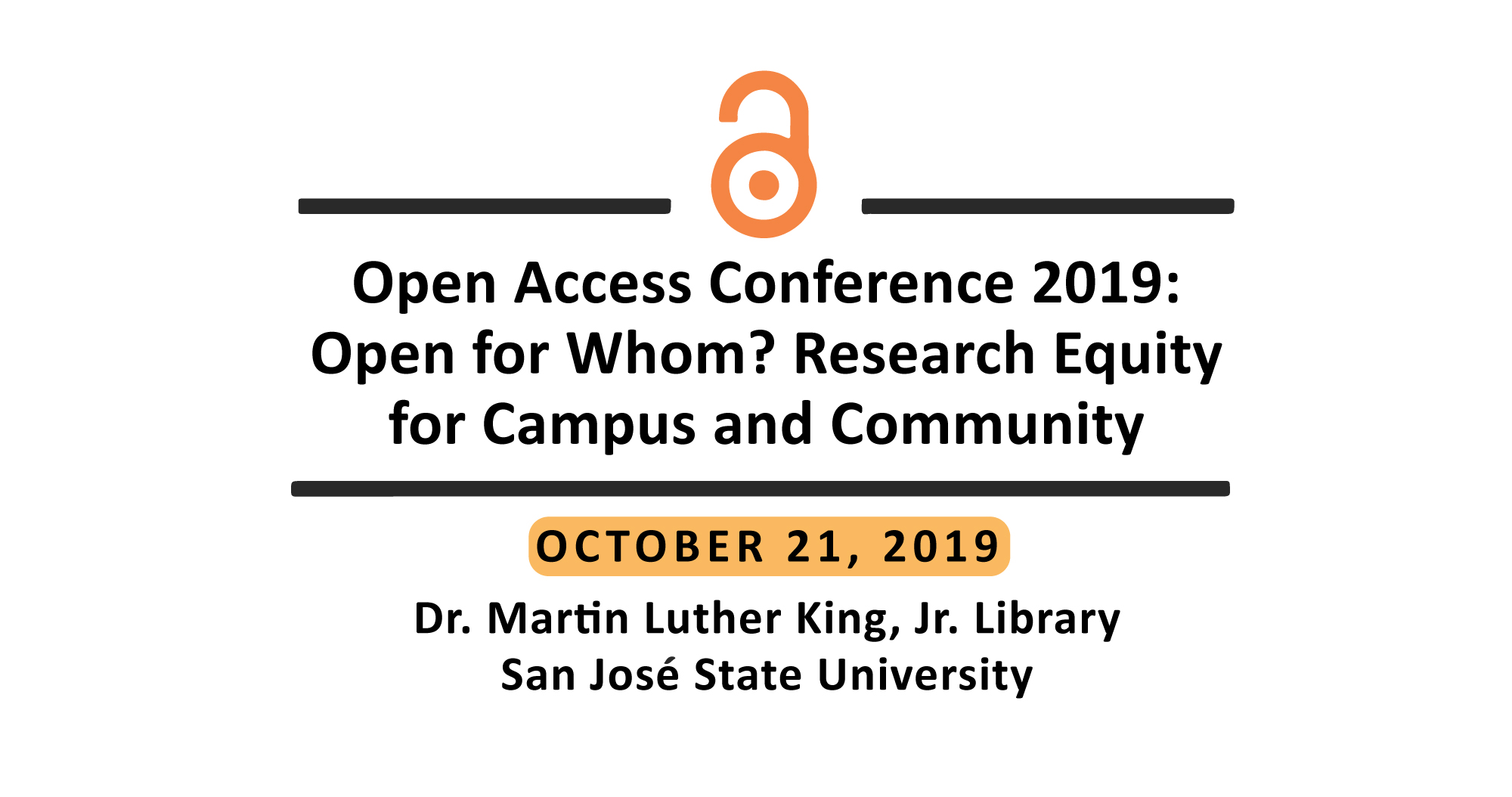Presentation Title
Digital Publishing + Digital Pedagogy
Start Date
October 2019
End Date
October 2019
Description
Digital media, methodologies, and networks are redrawing the boundaries of humanities pedagogy as students use new methods like data-mining to explore traditional humanities texts, bring a humanist’s critique to new rhetorical modes, collaborate through digital tools on the kinds of projects that were once the domain of solitary scholars, or pursue public humanities projects in networked communities. These practices redraw the limits of our pedagogy, blurring the lines between research and teaching, expanding the classroom into local communities and global networks, redefining the nature of the humanities assignment, and revealing the artifacts of our teaching through open publication. In this constantly shifting context, the definition of digital pedagogy is continually evolving.
In this presentation, Katherine D. Harris will explain how the digital has changed practices, perspectives, and locations for humanities pedagogy and the scholarship of teaching and learning. Open digital publishing has revolutionized pedagogy through broad sharing, reusing, and hacking of digital assignments. The digitization of primary sources enables students to engage in authentic research activities, while increasingly available digital tools offer new avenues for students to analyse humanities materials. Finally, the digital has changed the classroom itself, blurring the geographical, temporal, and personal lines between class, community, and globe, through ongoing collaborative projects and opportunities to interact with all sorts of audiences. For this presentation, Harris will discuss editing Digital Pedagogy in the Humanities, a long-term project openly edited on GitHub, openly peer reviewed on the MLA Commons, and to be published through a new, open access, digital platform with the Modern Language Association in 2019. The project reforms ideas about scholarly communication, pedagogy as research, and editing strategies in digital environments.
Digital Publishing + Digital Pedagogy
Digital media, methodologies, and networks are redrawing the boundaries of humanities pedagogy as students use new methods like data-mining to explore traditional humanities texts, bring a humanist’s critique to new rhetorical modes, collaborate through digital tools on the kinds of projects that were once the domain of solitary scholars, or pursue public humanities projects in networked communities. These practices redraw the limits of our pedagogy, blurring the lines between research and teaching, expanding the classroom into local communities and global networks, redefining the nature of the humanities assignment, and revealing the artifacts of our teaching through open publication. In this constantly shifting context, the definition of digital pedagogy is continually evolving.
In this presentation, Katherine D. Harris will explain how the digital has changed practices, perspectives, and locations for humanities pedagogy and the scholarship of teaching and learning. Open digital publishing has revolutionized pedagogy through broad sharing, reusing, and hacking of digital assignments. The digitization of primary sources enables students to engage in authentic research activities, while increasingly available digital tools offer new avenues for students to analyse humanities materials. Finally, the digital has changed the classroom itself, blurring the geographical, temporal, and personal lines between class, community, and globe, through ongoing collaborative projects and opportunities to interact with all sorts of audiences. For this presentation, Harris will discuss editing Digital Pedagogy in the Humanities, a long-term project openly edited on GitHub, openly peer reviewed on the MLA Commons, and to be published through a new, open access, digital platform with the Modern Language Association in 2019. The project reforms ideas about scholarly communication, pedagogy as research, and editing strategies in digital environments.

